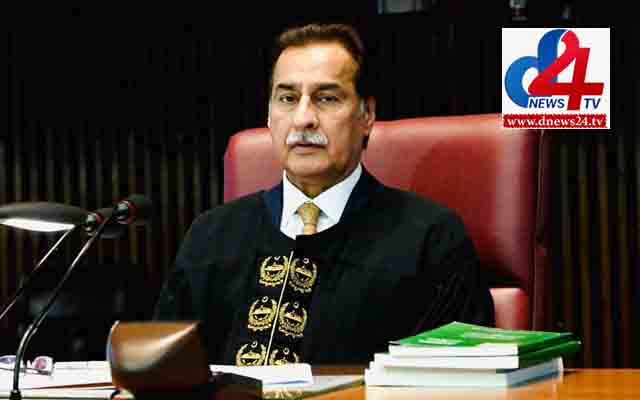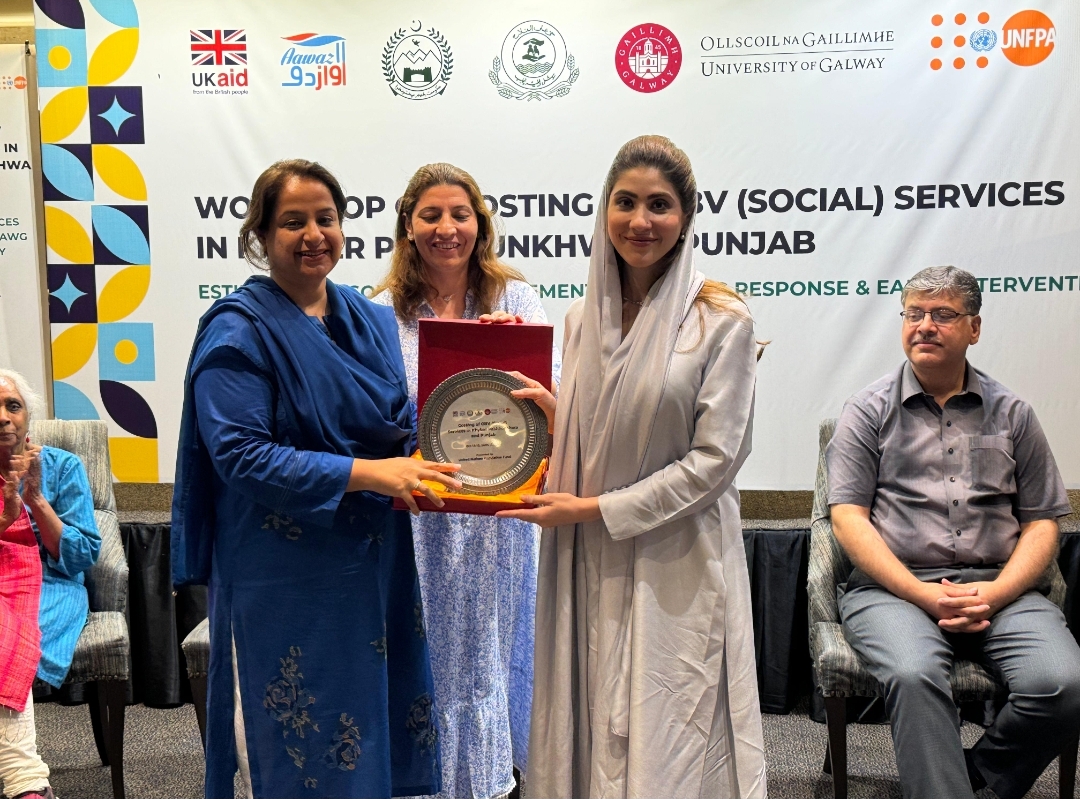ISLAMABAD:
The continuous go head to head among parliament and High Court has heightened as Public Gathering Speaker Sardar Ayaz Sadiq gave a powerful letter to the Political race Commission of Pakistan (ECP) on Thursday, encouraging it to regard parliamentary sway in the distribution of saved seats to the Pakistan Tehreek-e-Insaf (PTI).
The letter comes closely following a High Court judgment that had decided that free competitors, subsequent to winning races, could join ideological groups and modify their political devotion followed up by a note delivered by eight SC judges coordinating ECP to carry out the judgment at the earliest.
On July 12, the High Court pronounced PTI a parliamentary party and held that PTI was qualified to get saved seats that were before disseminating among different gatherings in the public and different congregations.
Notwithstanding, accordingly, parliament passed the Races (Second Revision) Act, 2024, which forces new limitations on party-exchanging by autonomous applicants and supersedes the High Court’s decision. The bill was postponed by PML-N MNA, Bilal Azhar Kayani.
Through his letter, the speaker directed out that parliament passed a change toward the political decision regulation, saying it disallows free competitors who join a party post-political decision from exchanging their connection. Clearly, the speaker’s letter is an immediate test to the court’s choice as he has built up parliament’s position on the incomparability of its regulative power.
The speaker has accentuated that the new corrections to the races act should be applied when the ECP allots these challenged seats, featuring that the judgment was delivered under the steady gaze of the new regulation was passed and in this manner become obsolete considering the authoritative changes.
Parliament’s sway versus legal power
In the letter, Sadiq explained on the significance of maintaining parliamentary sway, expressing that any endeavor to subvert this standard could disintegrate public confidence in fair foundations. “Maintaining the standards of parliamentary sway is fundamental in keeping up with the respectability and freedom of our parliamentary framework. Any activities saw as subverting the power of the parliament can dissolve public trust and trust in our organizations,” he expressed.
Sadiq while alluding to the High Court’s July 12 judgment, which permitted autonomous contender to switch ideological groups after previously lining up with one, expressly refered to the arrangements of the recently instituted Decisions (Second Change) Act, 2024, which presently makes such party-exchanging unalterable. “No designation can now be made by the ECP without applying the Changed Political decision Act without limit. As the Judgment of the SC was delivered in light of the law before the authorization of the correction, the said judgment is currently unequipped for execution,” the speaker composed.
The letter additionally refered to Segment 66 of the Revised Political decision Act, which specifies that a competitor should pronounce their ideological group connection before the Returning Official during the political decision process. On the off chance that such a statement isn’t made, the up-and-comer will be viewed as free. Segment 104-An of a similar Demonstration proclaims that any connection given by a free contender to an ideological group is “unalterable and can’t be subbed or removed.”



